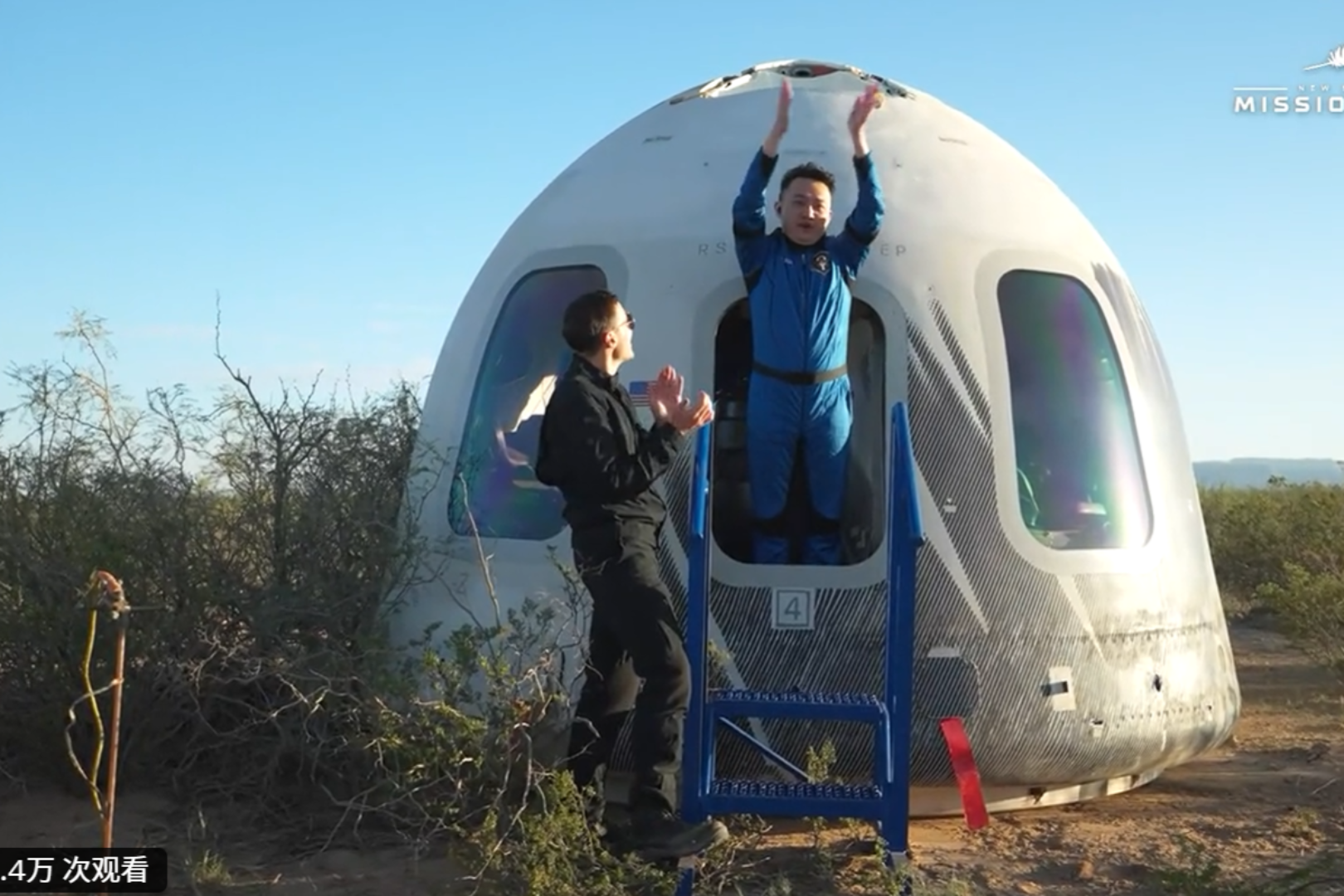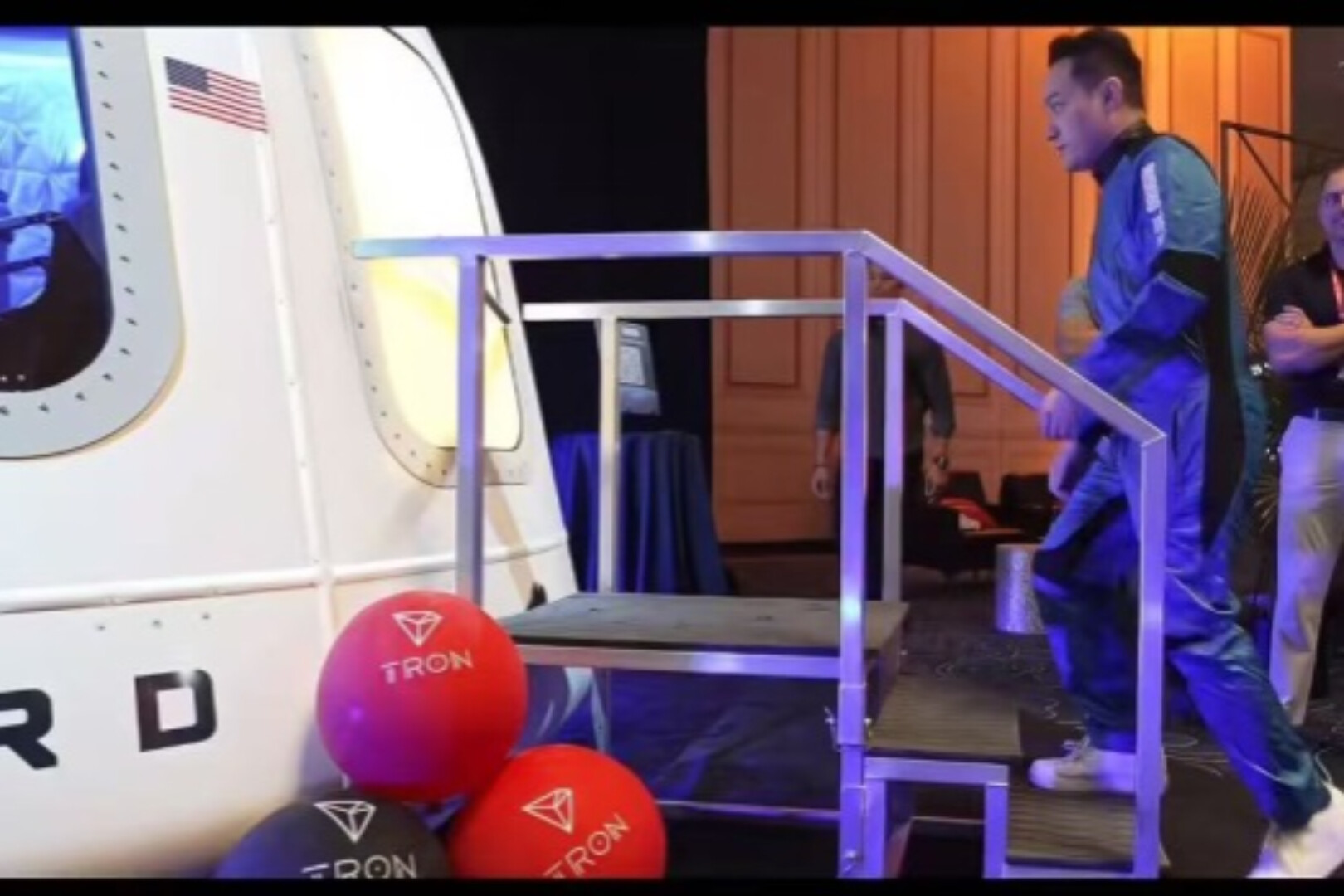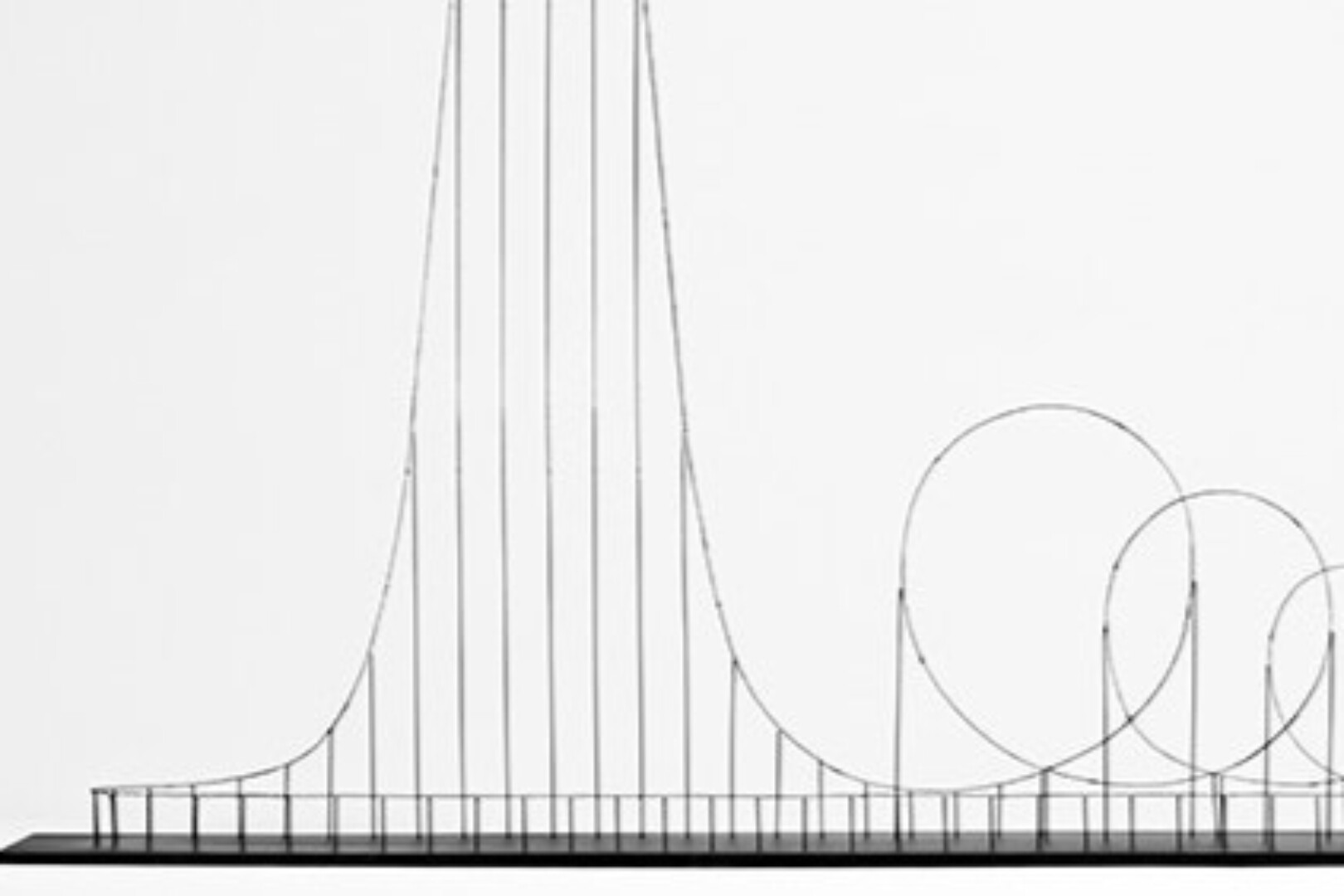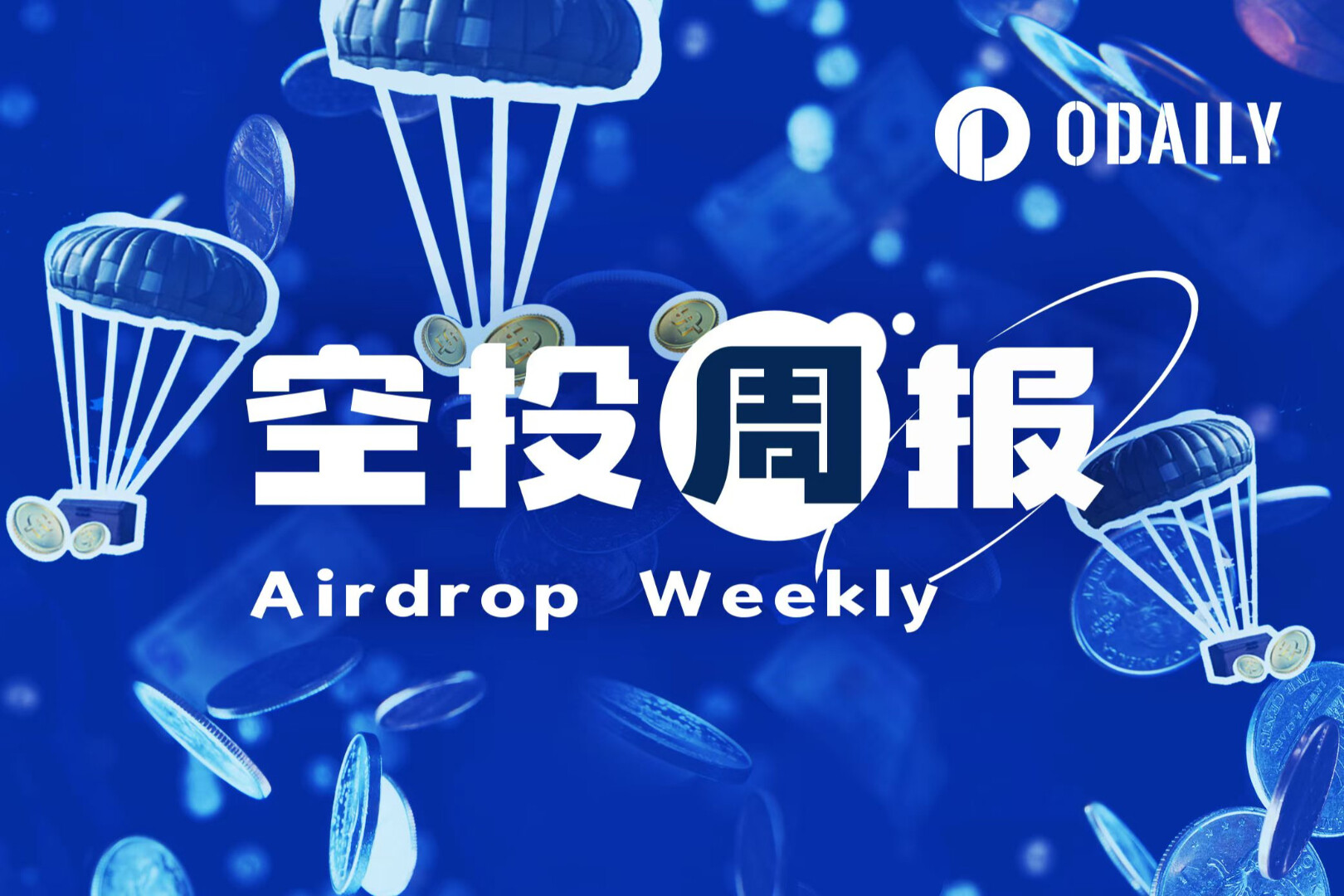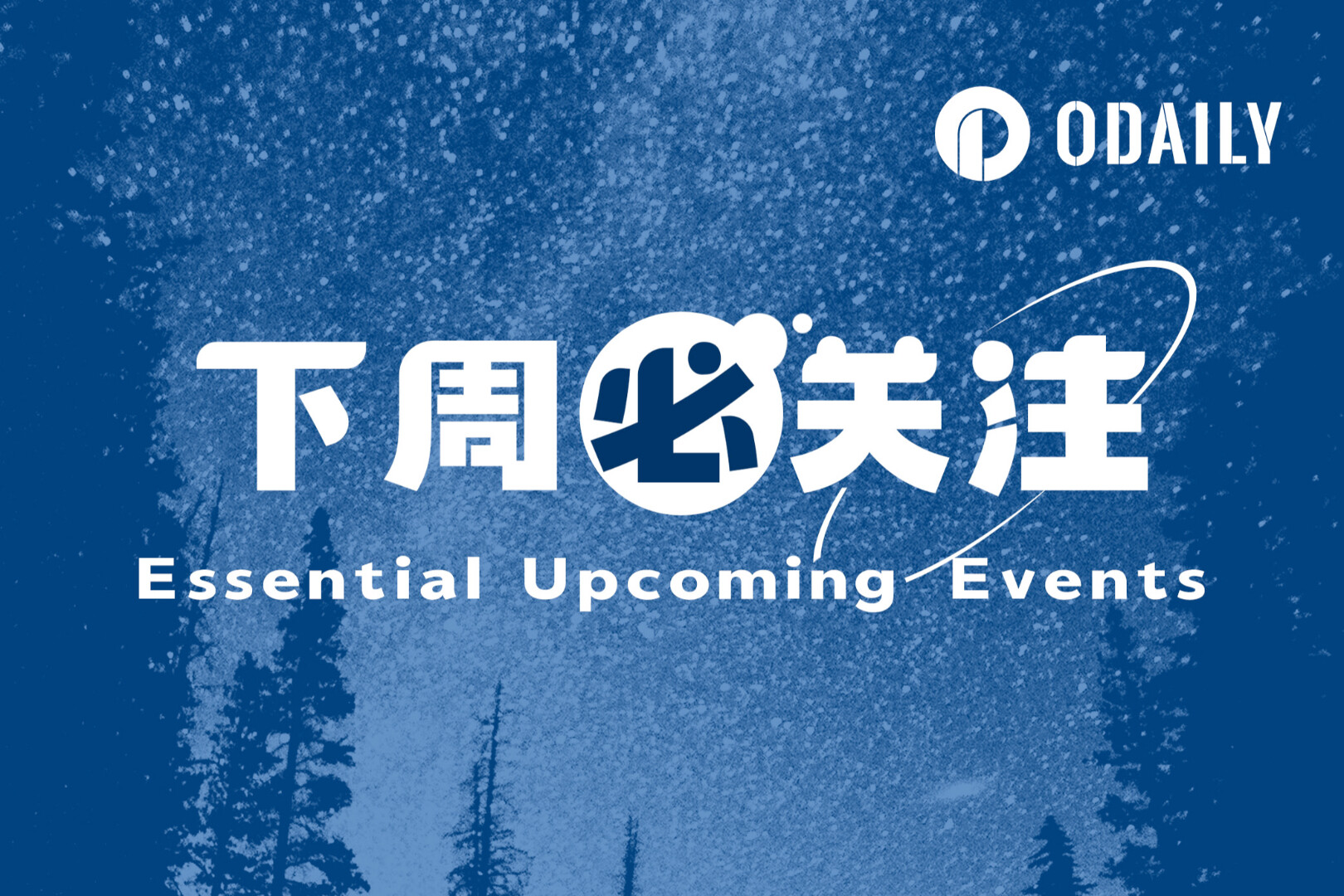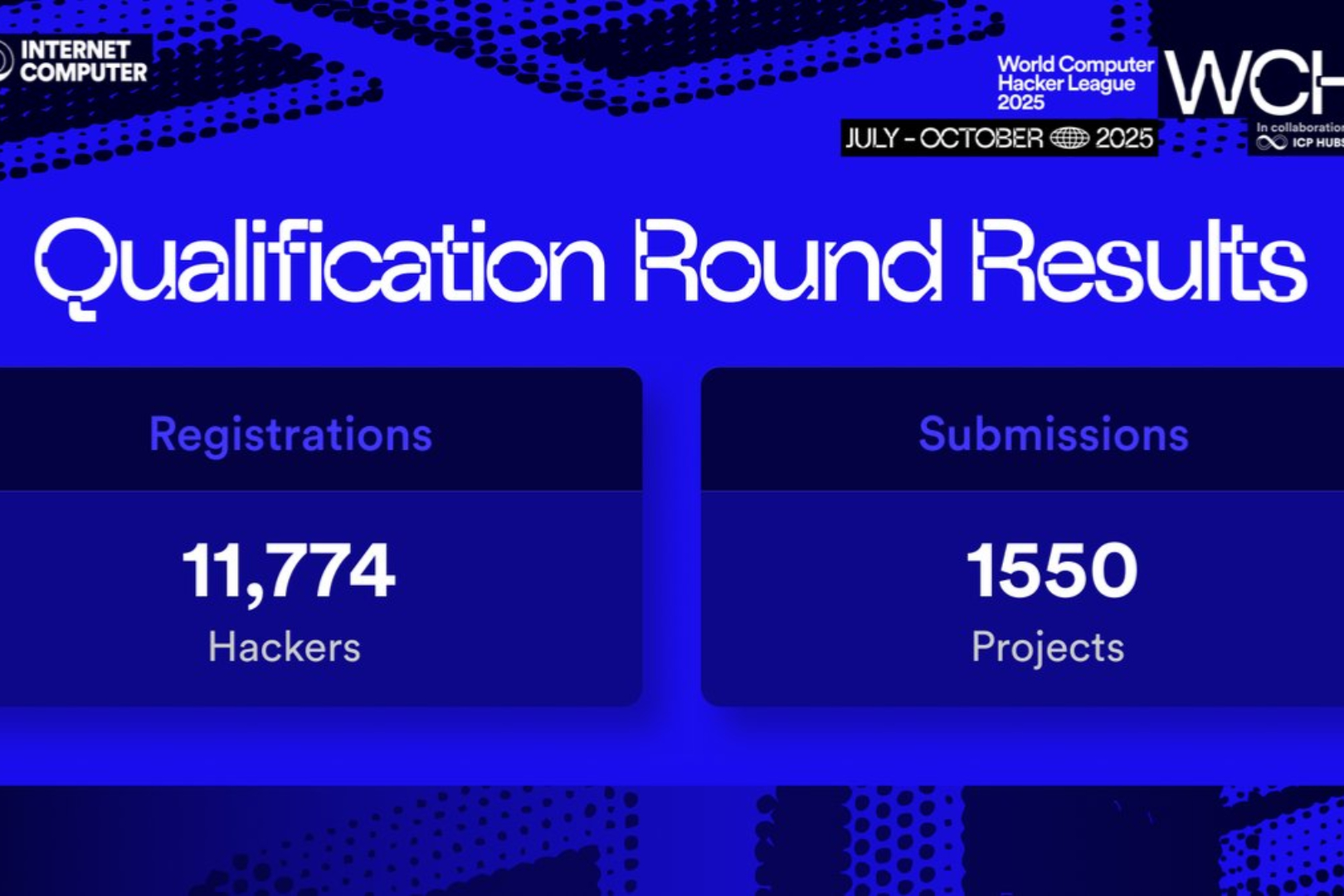Editor's Note: This article comes fromEthereum enthusiasts (ID: Ethfans)Editor's Note: This article comes from
Ethereum enthusiasts (ID: Ethfans)
, Author: Mohamed Fouda, translation & proofreading: Min Min & A Jian, reprinted with authorization by Odaily.
The main criticism of decentralized finance (DeFi) is how decentralized it actually is. Some critics insist that we cannot label Maker, 0x, Compound, etc. as "decentralized" protocols, after all, they are all built by centralized companies. These companies can exercise control over the smart contracts of such agreements at any time, or make them paralyzed and terminated. They also suggested that it would be more appropriate to refer to these agreements as non-custodial financial services.
While this is a valid argument, there are some strong arguments for the need for such controls. The most reasonable perspective is the dimension of time: it is impossible for a DeFi protocol to achieve complete decentralization on the first day of creation, but it can gradually reduce its degree of centralization over time. The protocol should have some mechanism, such as an emergency self-destruct switch, to stop the operation of the protocol if necessary, so as to protect users' assets.
Another strong argument is that such protocols are open source and auditable. If its developer decides to terminate/stop the project, the project code can be used by other companies/individuals.
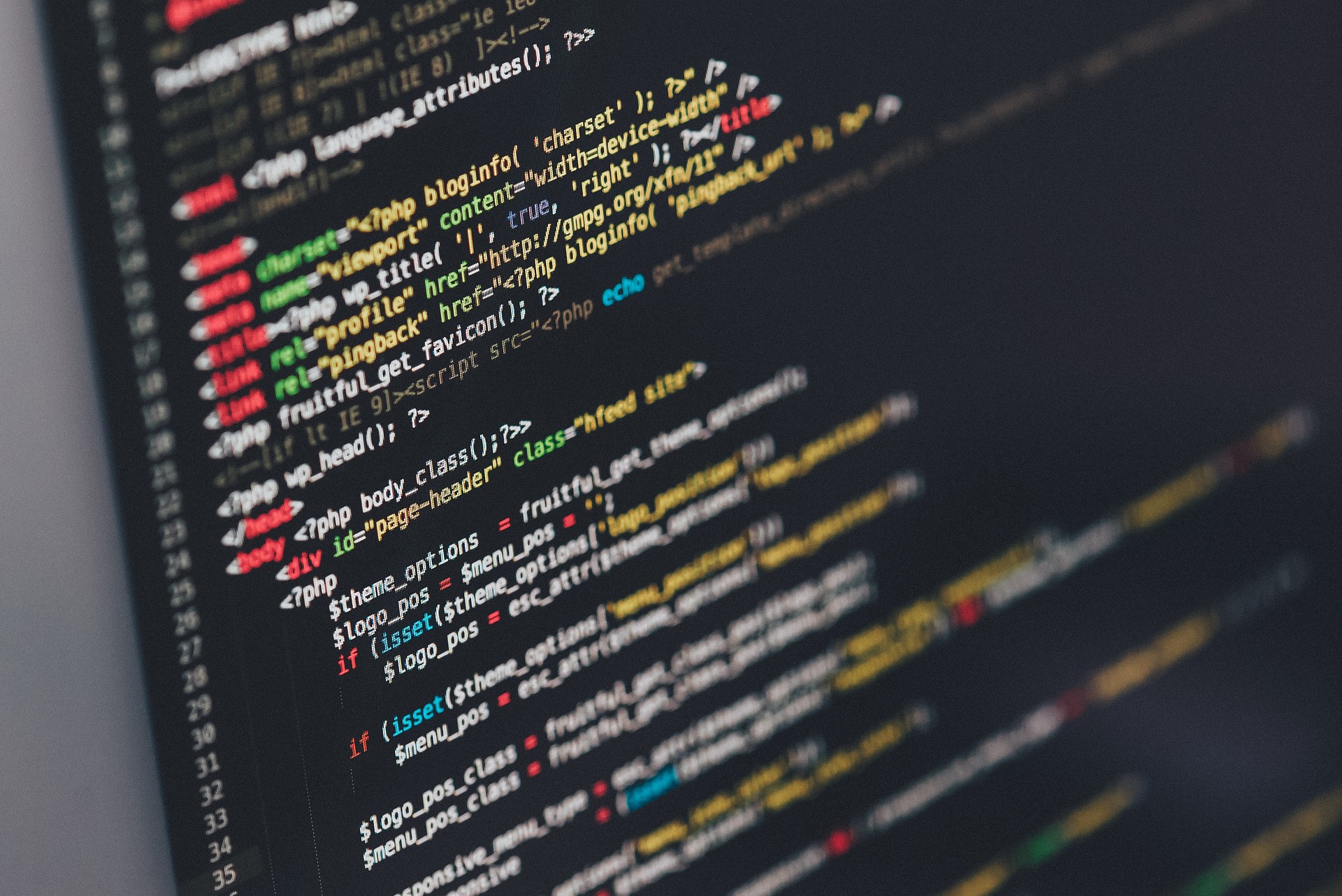
In this article, I will explore why the DeFi protocol ultimately needs to make a choice-whether to hand over control to the DAO to achieve true decentralization, or to provide non-depository finance on the public chain in the form of a centralized enterprise Serve. Whichever you choose, you can create an effective model for sustainable development, and each has its own sacrifices and goals.
While DAOs are the cornerstone of enhancing the decentralization of DeFi projects, this does not mean that projects like Maker and Uniswap are already fully decentralized. These projects are only on the road to decentralization, and there is still a long way to go.
first level title
Why DAOs are so important to the decentralization of DeFi
First, we define a DAO as follows:
DAO membership is open and not limited to a specific group.
DAO members/shareholders can propose/vote on what changes to make, there is no central authority that can block or change their decisions.
DAO members receive direct or indirect economic incentives based on their level of participation to ensure consistency of incentives.
Again, it is these features that make DAOs a powerful governance mechanism that can make DeFi products truly decentralized.
Another benefit of using DAOs in DeFi protocols is that, when used properly, DAOs can help developers of such protocols reduce some of the regulatory risk. In fact, this piece of content is more complicated and belongs to the legal category, and another article needs to be written. Many developers believe that since the control of smart contracts is not in their hands, how others use these smart contracts has nothing to do with them. However, regulators such as the U.S. Securities and Exchange Commission (SEC) think otherwise.
MakerDAO and its shortcomings

MakerDAO was one of the first DeFi projects to realize the need to use DAO to manage the important parameters required for project operation. One of the most noteworthy parameters is the stable rate, which is the interest rate charged by CDP (Collateralized Debt Warehouse). Since March to April this year, MKR token holders have voted to increase the stability fee continuously, which has allowed DAI to return to the anchor price of $1 with a negative premium of 3-4%.
image description
MKR holders also need to vote soon on another important decision, which is which ERC 20 tokens can be selected as collateral for Multi-Collateral DAI (MCD). In addition to ETH, the Maker community will also choose among several candidate collaterals such as REP, BAT, DGD, 0x, GNT, and OMG.
Although Maker's DAO structure gives MKR holders multiple governance rights, Maker's use of DAO is not perfect. In theory, almost all Maker-related decisions can be voted on as a governance proposal. However, there are still many decisions that are not made by voting, such as the recruitment of executive team members and the use of project funds. Another limitation of MakerDAO is that the current distribution of MKR tokens is too centralized, with some entities holding enough MKR tokens to sway voting results.
Decentralized Exchanges and DAOs
decide which coins to list
Decentralized exchanges (DEX) are the first batch of DeFi products born, aiming to provide non-depository and decentralized token trading services. However, this type of product is the most difficult to decentralize, at the expense of important features and performance. Before explaining why, let's think about the core operations of decentralized exchanges:
decide which coins to list
Profit from transaction fees
Of the above three operations, the second is the most difficult to achieve decentralization. Although the order book can be generated by accepting limit orders through on-chain transactions, the cost is high and the performance bottleneck is difficult to break through. Even in this case, it is necessary to read the data on the chain through a centralized server and website, and display the order book to the user. If you want to improve performance, you must use a centralized off-chain order book and transaction matching engine, which increases the degree of centralization. DAOs have long been seen as a solution to this centralization problem, as seen in IDEX, 0x, and even Uniswap.
secondary title
It may be a little strange for me to classify Uniswap as a DAO. After all, the team of this project has not advertised this. Then let's take a look at how Uniswap works and see if it fits the definition of DAO.

As far as the three operations that decentralized exchanges need to perform, Uniswap cleverly solves the second and most difficult operation through the method of automatic market maker, while the first and third operations use DAO-like s solution. The most difficult part of a decentralized exchange is market making and order matching. Uniswap uses an automatic market maker algorithm and automatically adjusts transaction prices through smart contracts, thus solving this big problem.
image description
- How Uniswap works as a DAO
From the perspective of the entire structure, Uniswap fits the definition of DAO very well. 1) Uniswap is an open organization, everyone can obtain a certain amount of shares by providing liquidity; 2) Participants can effectively decide to list or withdraw coins by injecting/withdrawing liquidity, and the Uniswap team cannot hinder participation 3) Participants can directly benefit by holding shares.
Nevertheless, Uniswap can still officially introduce DAO to manage the entire system, make decisions on changing the fee structure, improve the automatic market maker model, and increase the functions of Uniswap's decentralized exchange, and then benefit from it.
secondary title
Many interesting DeFi projects and protocols only implement some of the attributes of DAO, such as voting or earning income by participating in the agreement. However, only DeFi projects that implement the above three operations together can be classified as DAOs. For example, the lending protocol Compound is open to all, and those who participate in the protocol can earn interest. In addition, users can vote to decide which currencies the platform will open for lending services, and which currencies can be used for pledge lending, just like the previous WBTC coin listing vote. However, these votes are not binding and project teams can override the votes. This is completely opposite to MakerDAO's voting mechanism. MakerDAO uses smart contracts to vote, and the project team cannot overturn its voting results.
Similarly, the decentralized exchange IDEX is adopting a step-by-step approach to decentralize the platform, that is, allowing platform users to run part of the exchange's infrastructure by staking the project's tokens. Users can get a commission from transaction fees by running the exchange’s infrastructure nodes, currently 25%. However, IDEX does not meet the definition of DAO, because users have no right to speak about the exchange's currency exchange.
first level title
